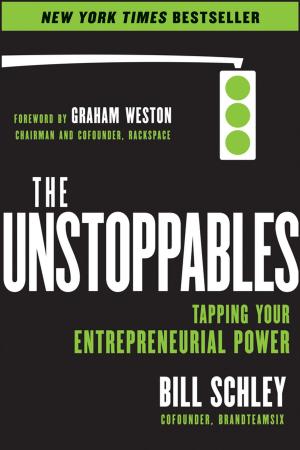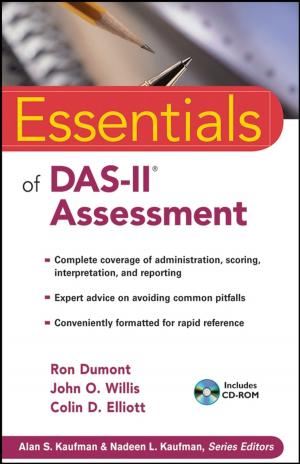Bobath Concept
Theory and Clinical Practice in Neurological Rehabilitation
Nonfiction, Health & Well Being, Medical, Medical Science, Physiology| Author: | ISBN: | 9781118693339 | |
| Publisher: | Wiley | Publication: | May 9, 2013 |
| Imprint: | Wiley-Blackwell | Language: | English |
| Author: | |
| ISBN: | 9781118693339 |
| Publisher: | Wiley |
| Publication: | May 9, 2013 |
| Imprint: | Wiley-Blackwell |
| Language: | English |
Authored by members of the British Bobath Tutors Association, Bobath Concept: Theory and Clinical Practice in Neurological Rehabilitationis a practical illustrated guide that offers a detailed exploration of the theoretical underpinning and clinical interventions of the Bobath Concept.
The evolution of the Bobath concept is brilliantly captured in this volume. The recognition that the best inhibition may come from engaging the patient in normal activities is an example of the way one of the notions central to the original Bobath Concept has developed. In short, the Bobath Concept lies at the heart of an approach to neurorehabilitation that is ready to take advantage of the rapidly advancing understanding, coming from neuroscience, of brain function in, in particular, of the effects of and responses to damage, and the factors that may drive recovery. It is no coincidence that neuroplasticity figures so prominently in the pages that follow.’
Emeritus Professor Raymond Tallis BM BCh BA FRCP FMedSci LittD DLitt FRSA
This book guides the reader through general principles to more specific application of neurophysiological principles and movement re-education in the recovery of important areas, including moving between sitting and standing, locomotion and recovery of upper limb function.
Bobath Concept: Theory and Clinical Practice in Neurological Rehabilitationwill be invaluable to undergraduate and qualified physiotherapists /occupational therapists and all professionals working in neurological rehabilitation.
- Covers the theoretical underpinning of the Bobath Concept.
- Presents a holistic, 24-hour approach to functional recovery.
- Focuses on efficient movement and motor learning, to maximise function.
- Forges links between theory and clinical practice.
- Illustrated throughout.
Authored by members of the British Bobath Tutors Association, Bobath Concept: Theory and Clinical Practice in Neurological Rehabilitationis a practical illustrated guide that offers a detailed exploration of the theoretical underpinning and clinical interventions of the Bobath Concept.
The evolution of the Bobath concept is brilliantly captured in this volume. The recognition that the best inhibition may come from engaging the patient in normal activities is an example of the way one of the notions central to the original Bobath Concept has developed. In short, the Bobath Concept lies at the heart of an approach to neurorehabilitation that is ready to take advantage of the rapidly advancing understanding, coming from neuroscience, of brain function in, in particular, of the effects of and responses to damage, and the factors that may drive recovery. It is no coincidence that neuroplasticity figures so prominently in the pages that follow.’
Emeritus Professor Raymond Tallis BM BCh BA FRCP FMedSci LittD DLitt FRSA
This book guides the reader through general principles to more specific application of neurophysiological principles and movement re-education in the recovery of important areas, including moving between sitting and standing, locomotion and recovery of upper limb function.
Bobath Concept: Theory and Clinical Practice in Neurological Rehabilitationwill be invaluable to undergraduate and qualified physiotherapists /occupational therapists and all professionals working in neurological rehabilitation.
- Covers the theoretical underpinning of the Bobath Concept.
- Presents a holistic, 24-hour approach to functional recovery.
- Focuses on efficient movement and motor learning, to maximise function.
- Forges links between theory and clinical practice.
- Illustrated throughout.















